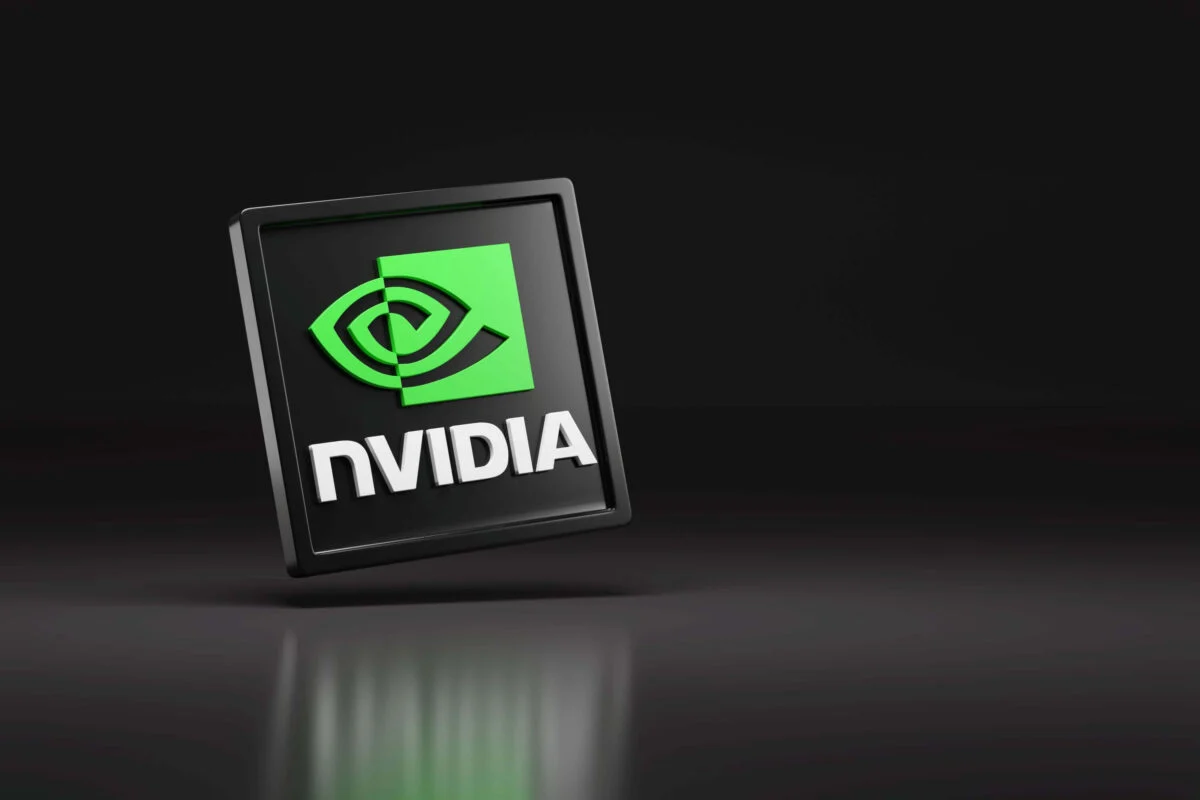
Nvidia’s Fight Against Export Restrictions on AI Chips
The tech world is abuzz as Nvidia, a global leader in artificial intelligence (AI) chips, faces potential challenges from new U.S. legislation targeting its exports to China. Reports have highlighted the lobbying efforts of the Trump administration and Nvidia to block the enactment of the GAIN AI Act, which would create a system prioritizing American buyers over foreign customers, including embargoed nations like China.
Understanding the GAIN AI Act
The GAIN AI Act aims to implement strict export regulations on advanced AI chips, requiring chipmakers like Nvidia to meet U.S. domestic demand before exporting to countries under embargo. This bipartisan legislation, backed by prominent lawmakers like Senator Jim Banks, reflects growing skepticism toward China’s access to cutting-edge technology. Microsoft and other hyperscalers have supported the bill, arguing it ensures a competitive advantage for the U.S. market.
White House Resistance Against the Bill
Despite bipartisan pushes for the GAIN AI Act, the Trump administration and key officials are opposing the new measures, giving Nvidia a valuable opportunity to retain flexibility in its global sales. Nvidia has maintained that there are no chip shortages among U.S. customers, which strengthens its argument against the new regulations and bolsters its lobbying efforts in Washington.
The SAFE Act of 2025 and Future Export Policies
While the GAIN AI Act faces hurdles, lawmakers are simultaneously working on another piece of legislation called the SAFE Act of 2025. This new bill would codify existing export restrictions for 30 months, ensuring the United States maintains its current control over high-performance AI chip exports to countries like China. The plan acknowledges the rapid evolution of AI technology and the importance of updating export controls accordingly.
Potential Impact on Nvidia and the AI Market
With growing tensions between the U.S. and China over AI advancements, Nvidia’s CEO Jensen Huang has expressed hopes of re-entering the Chinese market, even as sales forecasts for the region remain at zero. Discussions point toward potential sales of downgraded Blackwell chips to China in 12-24 months, allowing Nvidia to tap into previously inaccessible markets without compromising U.S. security interests.
Your AI Productivity Enhancer: Nvidia’s RTX 4090
Nvidia’s hardware designs do more than power tech giants—they also empower creators, gamers, and professionals to achieve more. If you’re seeking top-of-the-line AI computing power, check out the Nvidia GeForce RTX 4090. It’s perfect for gaming, machine learning, and handling AI-based creative projects, ensuring you stay ahead of the competition.
What’s Next?
The future of AI chip exports remains a hot topic as Congress deliberates on the GAIN AI Act and the SAFE Act of 2025. As these discussions evolve, the outcome will significantly impact U.S.-China relations and the global AI chip market. Stay tuned for more updates as the AI industry faces new technological and legislative challenges.





